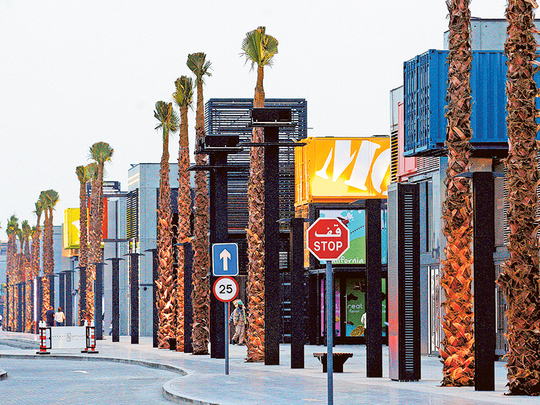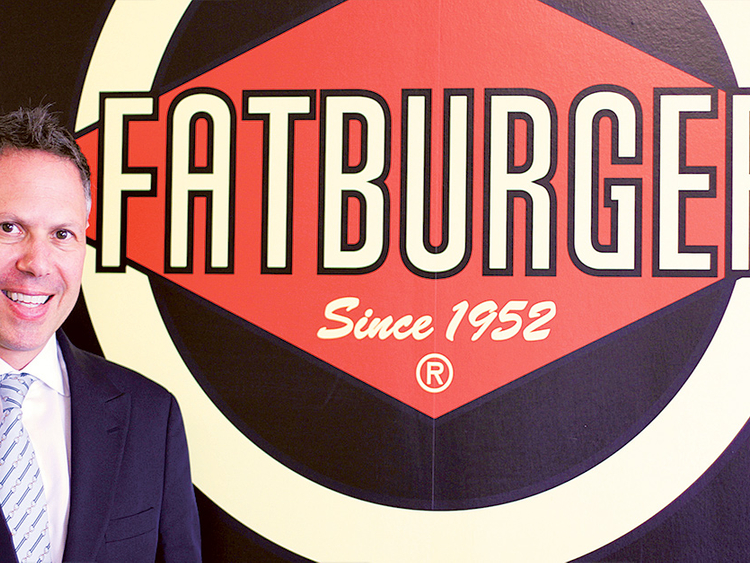
Dubai: Guess there is no disadvantage to being a late entrant in the region’s burger chain business. Andy Wiederhorn, CEO of Fatburger, doesn’t believe there is one as his chain aims for scale in its intention to develop a network of 130-odd locations in the mid-term after having opened the first one in 2008.
And Wiederhorn — who was in Dubai to chart out the grand strategy — is emphatic that what he serves up is the right formula for Fatburger’s anticipated success in the region. And he does not plan to get into a winner-takes-all fight for market share with the generic chains such as McDonald’s and Burger King.
“We invented the “better” burger, the “premium” burger, the “gourmet burger” space,” the CEO said. “Fatburger has been doing the same thing since 1952 — we haven’t changed anything despite competition. I completely agree that the better burger space is saturated with many brands — those that have been in it for years and have scale will survive.
“The better burger space has a higher retail price, but it’s not much higher — maybe a dollar. It’s definitely worth the jump in price to get the value in the quality of what you’re eating and the experience.”
For this region, the game plan is to extend the network’s strength from the 30 locations it has at present. “Development commitments” are there for a further 100. Globally, the chain’s presence numbers 200 locations and a further 350 in the pipeline in 32 countries.
“All of our stores are operated by franchise partners, some operate in single markets and some in multiple markets,” said Wiederhorn.
The ‘better burger’ niche has been a hive of new development activity with the likes of Fuel Burger and Shake Shack gaining traction on visibility.
“I think there has been a lot of consolidation in the fast food industry ... the real opportunity for the fast casual/better burger segment is to go after the QSR (quick service restaurant) customer.
“In other words, we don’t need to compete for customers among our space to prove who has the best burger — rather we should all be working towards getting the QSR customer to trade up to a fast casual/better burger opportunity.
“It may cost a slight bit more, but the value for the better quality food is well worth it. There are 10 times as many customers in that space as there are in the present better burger space — the opportunity is really huge.”
But Wiederhorn is not going to start looking for those customers at malls’ food courts.
“Generally, in the UAE/GCC, we prefer free-standing locations ... if they are available,” the CEO said. “We also prefer separate corner or “end-caps” in malls where we’re outside of the traditional food court.
“The reason for this is that it sets our brand apart from the long line of different restaurants, and helps us deliver not only the premium food quality but the premium dining experience that goes with premium burgers. The mall food courts don’t generally do this.”
In retail industry terminology, ‘end caps’ refer to the retail space available at either end of a strip shopping centre.
“We have tremendous brand equity in southern California and throughout the US,” said Wiederhorn. “Given the fact we’ve been operating internationally since 2006 in Canada, China in 2007 and the UAE in 2008, we have had to figure out how to create consistency in our restaurants [so] that the experience is the same in the UAE/GCC, just like in the US.
“About half of our customers are younger males, the balance are families. Whether they’re working class or professionals, everyone likes a good burger, shake and fry.”













